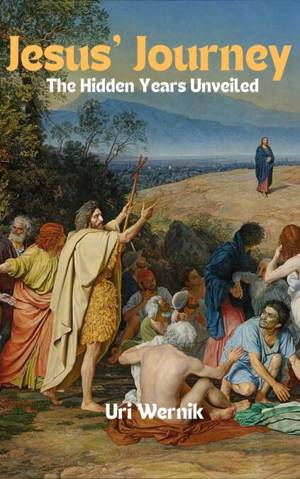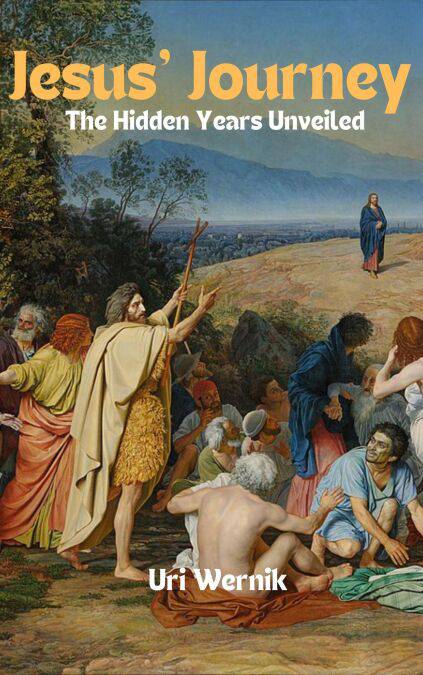
- Retrait gratuit dans votre magasin Club
- 7.000.000 titres dans notre catalogue
- Payer en toute sécurité
- Toujours un magasin près de chez vous
- Retrait gratuit dans votre magasin Club
- 7.000.0000 titres dans notre catalogue
- Payer en toute sécurité
- Toujours un magasin près de chez vous
Description
In the New Testament, there is a gap of about 18 years (or 27 years if Luke's information about his visit to the holy temple is discounted) in the accounts of Jesus' young life. The enigma of the lost or missing years of Jesus baffled scholars and invited many speculations, some of which are reviewed and debunked.
The book shows that Jesus' parables and sayings are the key to solving the riddle. The personal nature of the parables is supported by Nietzsche's idea of philosophy as autobiography and similar views of novelists, studies on charismatic religious leaders, psychological theories of transition into adulthood and search for meaning, understanding Jesus as a prophet, and seeing him in the context of his family.
When the parables are understood not only as a literary device but as a confession and personal anecdotes gleaned from his wandering years, it becomes clear how Jesus became an admired spiritual person and religious reformer.
Spécifications
Parties prenantes
- Auteur(s) :
- Editeur:
Contenu
- Langue:
- Anglais
Caractéristiques
- EAN:
- 9798227673534
- Date de parution :
- 03-11-24
- Format:
- Ebook
- Protection digitale:
- /
- Format numérique:
- ePub

Les avis
Nous publions uniquement les avis qui respectent les conditions requises. Consultez nos conditions pour les avis.






